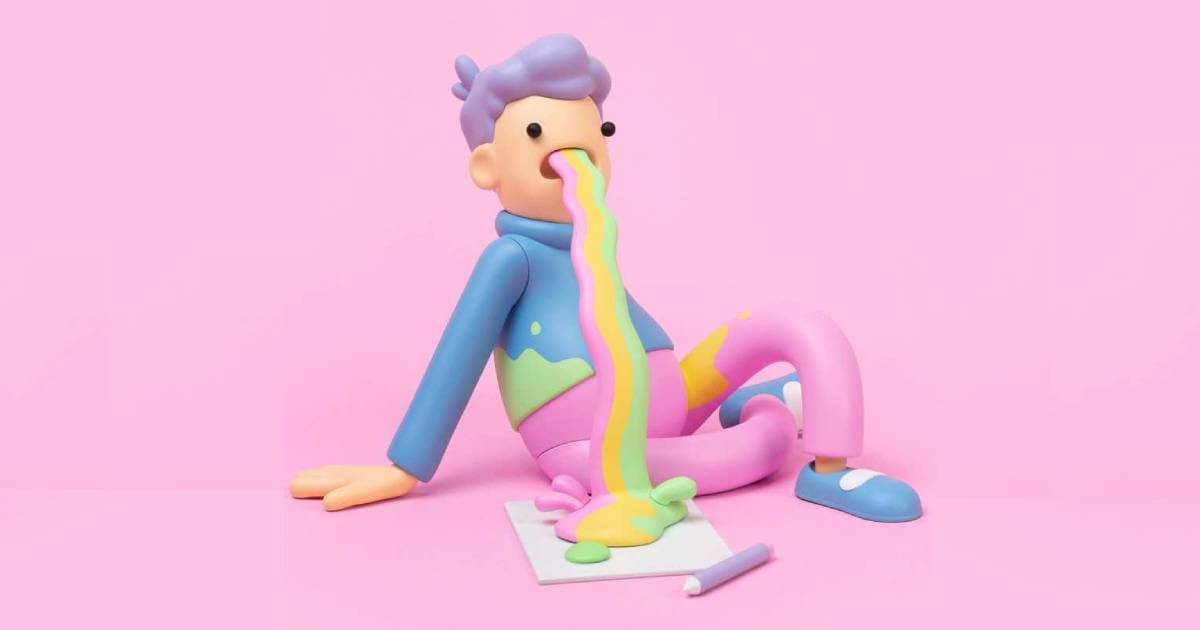NFTs Focus on Licensing Amid Sales Slump

Amid a sharp decline in the value and sales of NFTs, there’s been an increase in licensing as the likes of Bored Ape, Cool Cats, CryptoPunks, and Doodles focus on building their brands.
While the selling point for NFTs 18 months ago was their astronomical prices— artist Michael “Beeple” Winkelmann sold an NFT with his design for $69 million during a Christie’s auction—they are now becoming fodder for licensed physical products.
“So many NFTs shine bright and burn fast and, in many ways, they created NFTs first and worried about brand building later,” said Darran Garnham, CEO at toymaker Toikido. “Many of these developers need to reach out beyond their base and that is where it comes down to partnerships.”
Toikido partnered with NFT developer Cool Cats to launch an online shop for children’s apparel featuring 30 SKUs. There are also plans to ship plush and other products later this year. Toikido is also developing its own NFT project, Bad Eggs Inc., with plans for products and live events.
Bobby Kim’s streetwear brand, The Hundreds, recently launched apparel behind the Adam Bomb Squad NFTs.
And NFIP Holdings, which is handling licensing rights for nine Bored Ape owners representing 12 NFTs, has also signed a range of agreements. These include deals with Bioworld (apparel, backpacks, and other products due in October), Poetic Brands (apparel, luggage and other products in the U.K. and Ireland), Creas F&C Co. (golf apparel in South Korea), Textiss (caps and socks in the U.S. in late September) and others, said NFIP founder Alexander Locke.
“I always thought somewhere between 10 and 15 owners was the sweet spot because if I am a licensee looking to get involved in this, I don’t want to have to enter into 10+ different agreements on different terms, I only have so much shelf space and I don’t want to scroll through a thousand different images for things that are similar looking with slight deviations,” Locke said. “I wanted to make sure that each of the NFTs in our collective had a different look and diverse attributes to establish a well-rounded offerings. You want to have enough Apes, but not too many, at least to start.”
A major hurdle will likely be establishing a foothold in brick-and-mortar stores, where retailers are already struggling with rising costs and excess inventory. E-commerce could be seen as an easier starting point for NFT-inspired products since it’s considered to be less risky, but NFT owners will enter discussions with retailers in North America, for example. Toikido is in discussions with a North American retailer to delivers Cool Cats products starting in January.
In addition to physical products there are also licensing efforts around location-based experiences, like the Cool Cats pop-up store in New York, as well as content efforts like actress Reese Witherspoon’s Hello Sunshine production company signing an agreement earlier this year to bring the World of Women NFTs into films and TV series.
All of these efforts are important, as growing an NFT project’s brand profile will be key to moving products with the average consumer outside the NFT world. And that general appeal will be crucial in making their brand more valuable than the cryptocurrency itself.
“A few tentpole programs have risen above the hype and started to establish themselves as true brands,” said Ed Labay, SVP and general merchandise manager for licensing and marketing at Hot Topic, which recently forged an agreement to work with the web3 animation studio Toonstar. “Unique art styling with consistent character attributes have allowed some of these programs to create sticky brand impressions for consumers. But we will still believe content will be needed to create long-lasting brand affinity for these programs.”




